Does Mild Depression Exist? | What Are Its Symptoms & Treatment
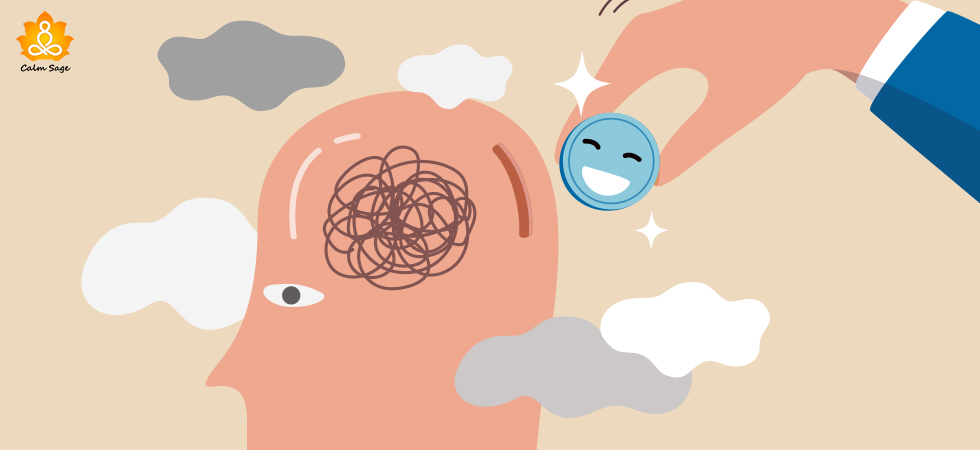
List of Contents
It’s normal and okay to feel sad and emotionally down from time to time but depression is a condition where you might feel intense sadness and hopelessness. The intensity and severity with which we feel these emotions can differ and these differences can help us categorize depression in three classifications:
- Mild or Minor Depression
- Moderate Depression
- Severe or Major Depression
Each of these classifications can affect your life in different ways. However, a depressive disorder is very different from the sadness we feel from time to time.
Let’s explore what mild or minor depression can look like and how to help treat it.
What Does Mild Depression Looks Like?
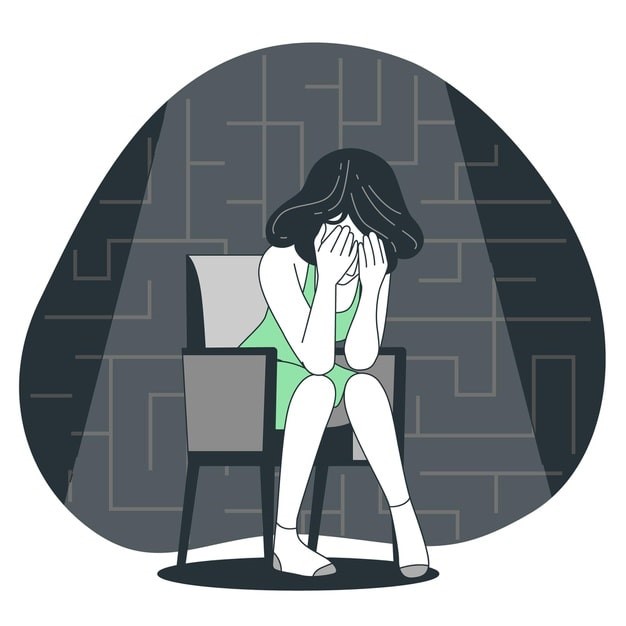
Mild depression is more than feeling a little sad. There is a possibility that your symptoms may go on for days and they may interfere with your daily activities.
When experiencing mild depression, you may feel:
- Irritability and anger
- Hopelessness
- Guilt
- Self-hatred
- Anhedonia or loss of interest in things you once enjoyed
- Trouble concentrating
- A lack of motivation
- Social withdrawal or isolation
- Phantom aches and pains
- Trouble sleeping
- Changes in eating pattern
- Changes in weight
- Addiction to alcohol or drugs
If your symptoms persist for more than a week for two years, then you may be diagnosed with persistent depressive disorder or dysthymia.
The symptoms of mild depression are quite noticeable but it can be difficult to diagnose. Despite this, if your symptoms last longer than expected and if they start to interfere with your daily life, then it is recommended that you reach out to your mental healthcare provider.
Types Of Depression
Some of the common types of depression whose symptoms can vary from mild to severe are:
- Persistent Depressive Disorder (Dysthymia)
- Seasonal Affective Disorder
- Perinatal or Post-partum Depression
- Bipolar Depression
- Premenstrual Dysphoric Disorder
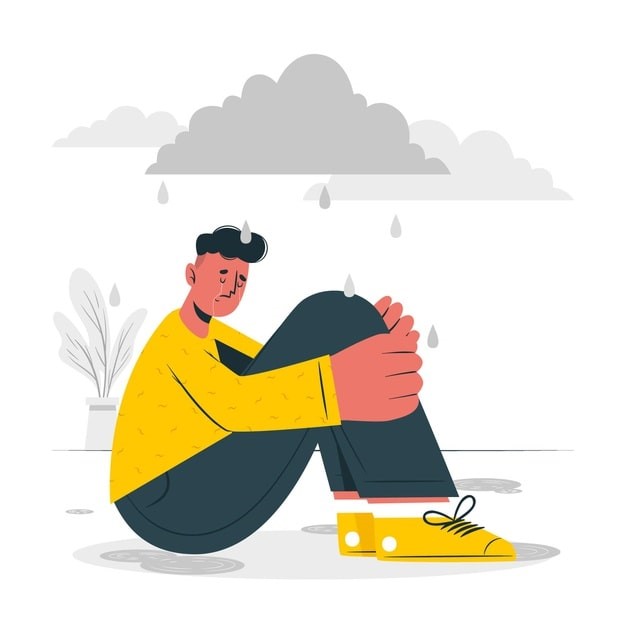
Diagnosis For Mild Depression
A doctor may diagnose you with mild or minor depression if your symptoms last for 2 weeks or more. A doctor may ask to see your personal medical history among your symptoms. Other than that a doctor may also ask to see:
- Any prescription for medications, if you’re taking any
- Work and your lifestyle habits
- Family history of mental health disorders
Sometimes, depression can be caused if you’ve experienced any recent major lifestyle changes or trauma. Other times, depression can be a side-effect of any prescribed medications.
Treatment For Mild Depression
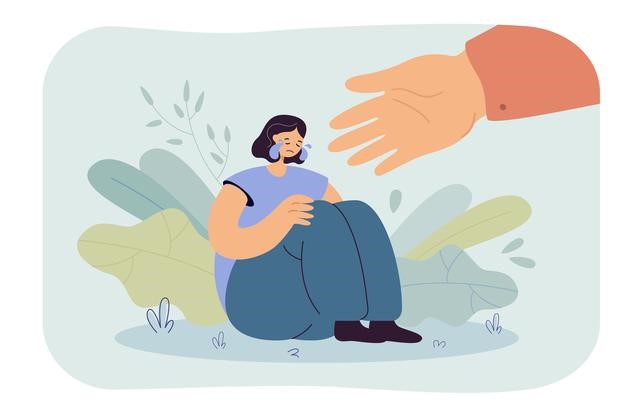
If you’re diagnosed with mild depression, then to improve your symptoms, a doctor may suggest some lifestyle changes. People with mild depression don’t normally need extensive therapy or medications to help improve the symptoms. Whether or not you choose therapy is entirely up to you.
To treat mild depression you can try:
1. Make a note of your habits
Making a note of your daily activities can help you understand what is causing you to feel depressed. Write down your eating, sleeping, and work pattern. Do you have a balanced work-life situation? Are you giving yourself enough time to relax in between your day? Are you feeling burnout?
Write your habits to identify a pattern and what can you do to change it.
Also Read: 5 Best Habit Tracker Apps in 2021 To Keep Your Mental Health Right
2. Engage in a hobby
One of the symptoms of mild depression is anhedonia i.e., a loss of interest in activities you once enjoyed. What is it that you’ve lost interest in? Find your hobby and try to stick to it. Engaging in a hobby can help you learn something new and lower your stress.
3. Take a break
Spending too much time on social media or working too late can also affect your mental health and if you’re already experiencing the symptoms of depression, not taking a break can worsen your condition. Try to take frequent breaks and focus on other things. Give yourself time to rest and reboot your mind and body.
Also Read: Have a Break! How To Spend Your ‘Mental Health Day Off’
4. Exercise regularly
Exercising helps in the release of endorphins that can help you feel good. Endorphins are our body’s natural painkillers and exercising or engaging in physical activity of your choice can help you decrease your depression and make you feel happy.
A 15-30 minute exercise daily can be very helpful.
Also Read: Top 10 Mental Benefits of Exercise
5. Eat healthily
Our eating habits can also have an impact on our mental health. Eating food and drinking beverages with proteins, vitamins, and minerals can help us keep depression and its symptoms at bay.
Also Read: Foods That Help Battle Depression – Try These 12 Antidepressant Food Items Today
6. Practicing relaxation
Other than eating healthily and exercising regularly, practicing relaxation activities can also help decrease stress and symptoms of depression. You can try activities such as reading, yoga, tai chi, meditation, mindfulness, or try coloring in an adult coloring book.
7. Talk to someone
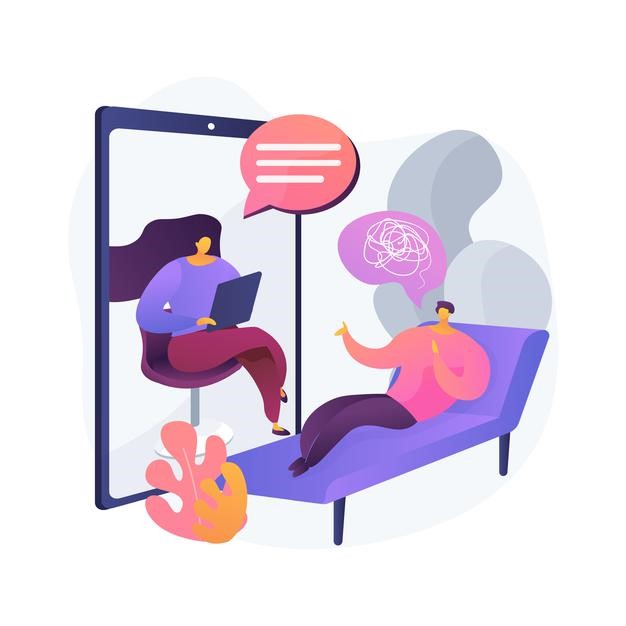
Sometimes just talking to a friend or a family member can help you feel better. Take some time to talk to someone you trust about your symptoms. You can also join a support group to meet people with similar conditions. Talking to someone who knows what you are going through can help a lot and can make you feel that you are not alone.
If you want, you can also talk to a mental health counselor. A professional can help you improve your symptoms with the help of CBT or talk therapy. Online platforms like BetterHelp and Talkspace provide a safe and judgment-free online platform to talk to a mental health professional.
If you need additional assistance and support, you can always write to us at info@calmsage.com.
Final Thoughts
If you’re experiencing symptoms of mild or minor depression, then the first step you can take to improve the symptoms is to make some healthy lifestyle changes. If that doesn’t help, then you can seek counseling from a professional.
If you or someone you know is experiencing thoughts of self-harm or suicide, then immediately contact your nearest suicide helpline number.
Treatment for depression may look like a challenging road but it is not an impossible one. With determination and courage, you can beat depression.
Until then, take care of yourself and be happy.







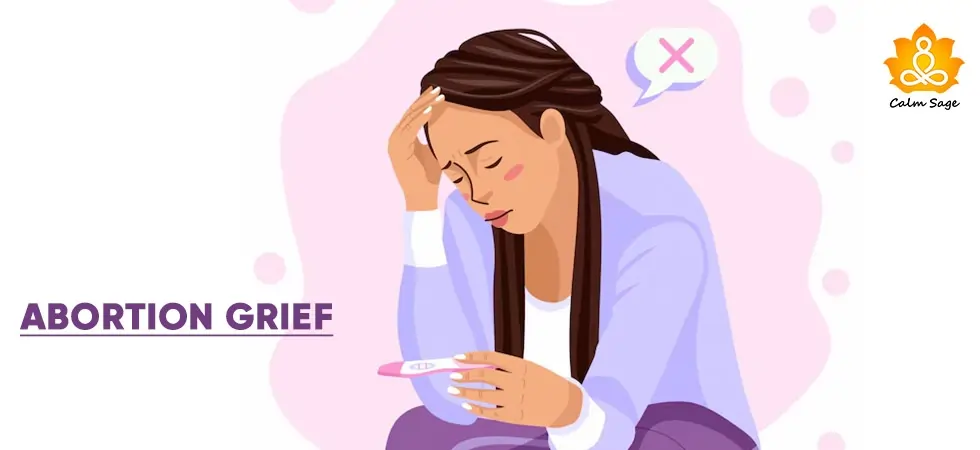













It help me a lot to find out the symptoms and treatment.